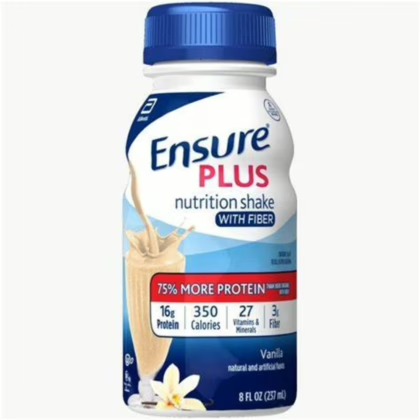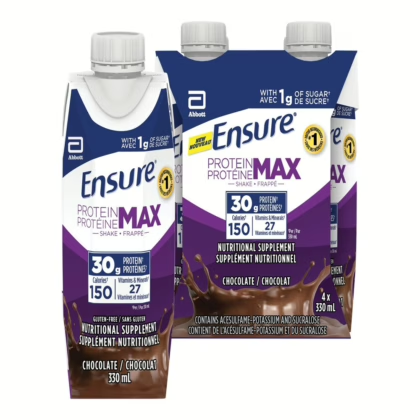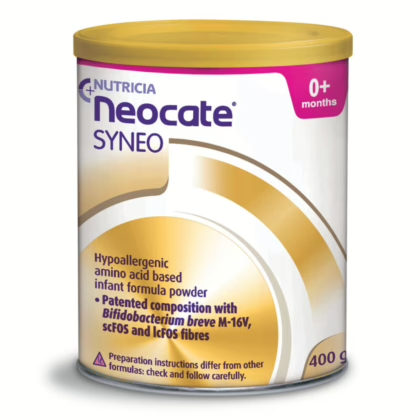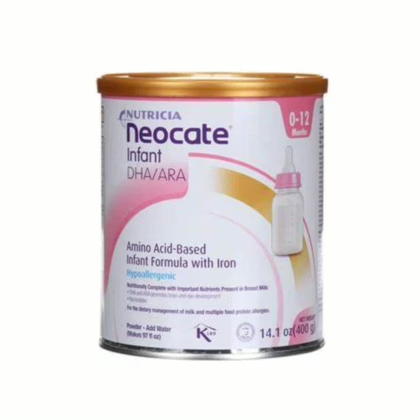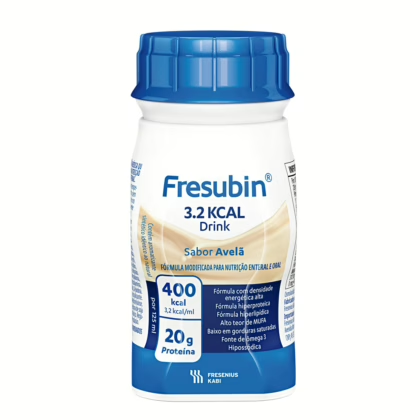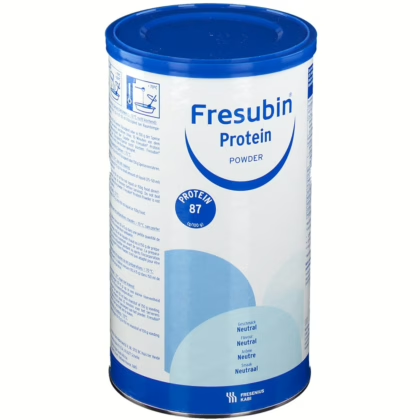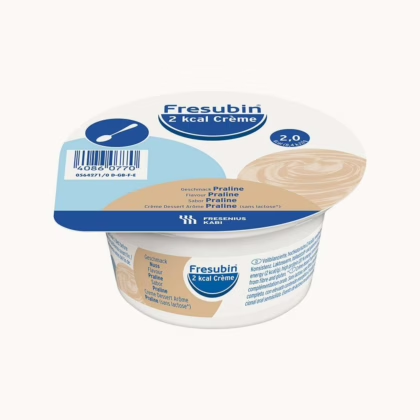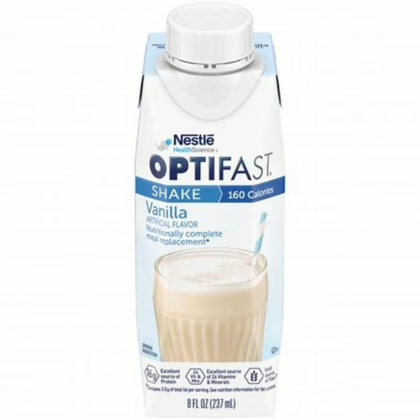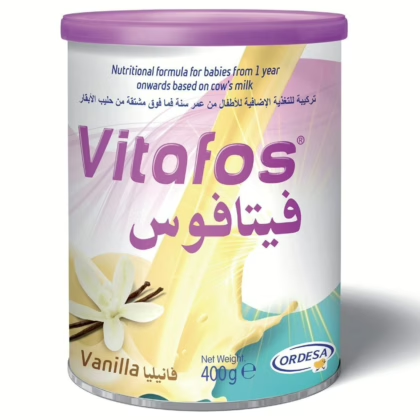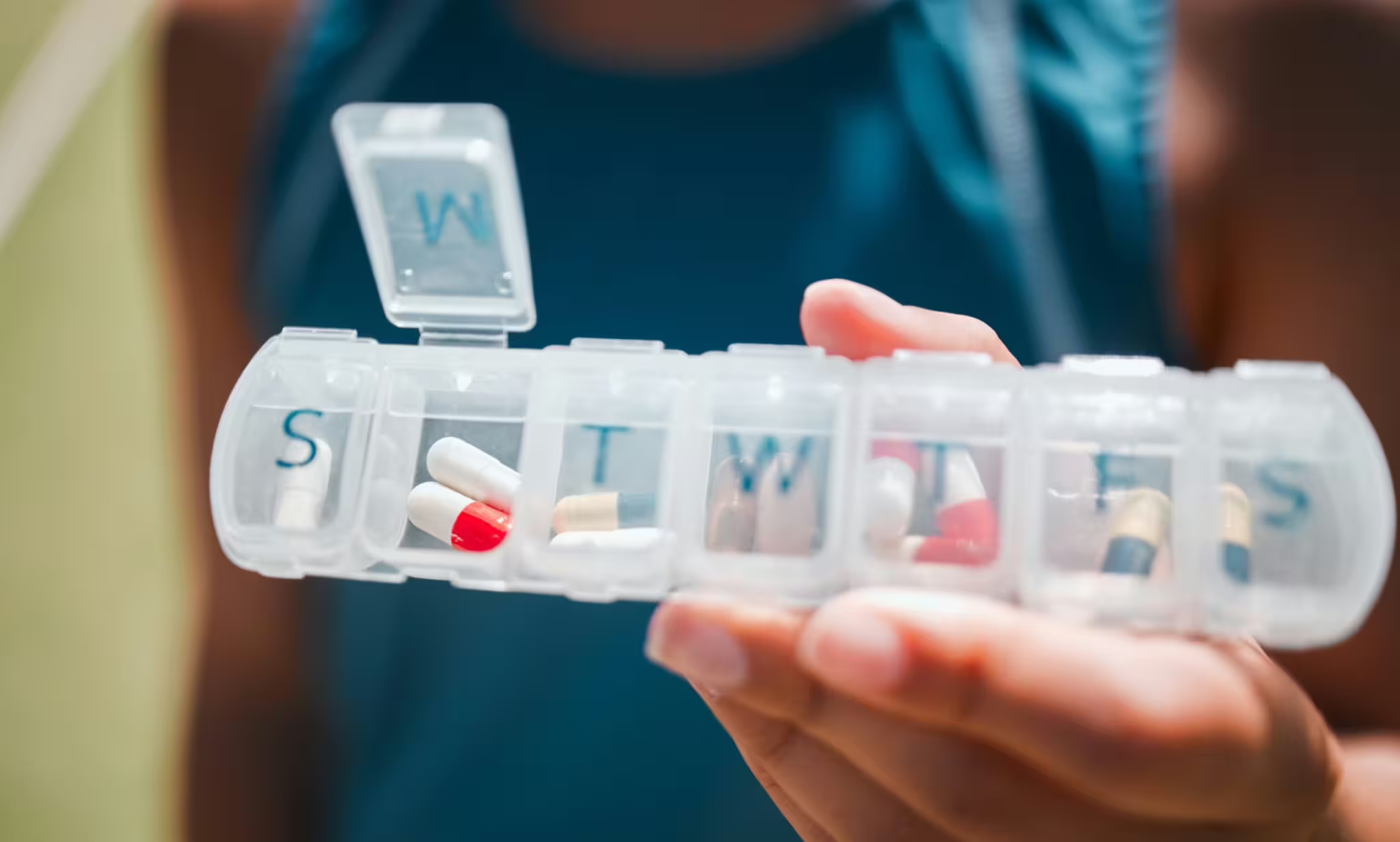
You’ve undoubtedly tried an OTC medication at some point in your life, whether it was to relieve headaches or other aches, or treat constipation, nausea, or allergies. You may also have used it to relieve cold or flu symptoms. These medications can be effective at treating these minor conditions. However, it is imperative to take them safely and judiciously and to follow the directions on the label or the directions of your doctor or pharmacist. So, we will learn together how to use it safely and wisely.
From the outset, if there is something you do not understand about a medicine you are taking or planning to take, ask your doctor or pharmacist. Even though it may seem difficult, the pharmacist will certainly be able to assist you, after knowing your health condition, in choosing the appropriate medicine or even refer you to the doctor if necessary. If you suffer from a chronic health condition such as asthma or high blood pressure, rest assured that the medication will not cause health problems for you.
Also, it is important to tell your pharmacist about the other medicines you are taking to avoid potential drug interactions. Medicines sometimes cause problems when taken together.
You can always consult our pharmacists before taking OTC (over-the-counter) medication to ensure that it’s the right choice for you.
For better results, you should read the drug label on the package and note a few things about each over-the-counter drug you take, such as:
Although they are drugs that do not require a prescription and are somewhat safe, in some cases a problem may occur from taking drugs that do not need a prescription, for example:
Giving children the wrong doses. If you are giving your child liquid medicine, do not use a kitchen spoon. It is advisable to use a measuring spoon or dosing cup marked with a teaspoon.
But if you are taking an OTC medication and you don’t feel better, contact your doctor at that time. There may be a bigger problem and you need to consult a doctor.
To summarize, OTC drugs can be both safe and effective for addressing certain health issues. Yet, when taken appropriately and carefully, they may help you improve your health and enjoy every moment.


